Muslim Holidays Calendar 2025
Related Articles: Muslim Holidays Calendar 2025
- 2025 Calendar Download: Plan Your Year Ahead With Precision
- Calendario Laboral Castilla Y León 2025: A Comprehensive Overview
- Printable 1-Page 2025 Calendar: A Comprehensive Guide For Easy Planning
- 2025 Time And Date Brazil Calendar
- 2025 Calendar With Islamic Dates
Introduction
In this auspicious occasion, we are delighted to delve into the intriguing topic related to Muslim Holidays Calendar 2025. Let’s weave interesting information and offer fresh perspectives to the readers.
Table of Content
Video about Muslim Holidays Calendar 2025
Muslim Holidays Calendar 2025
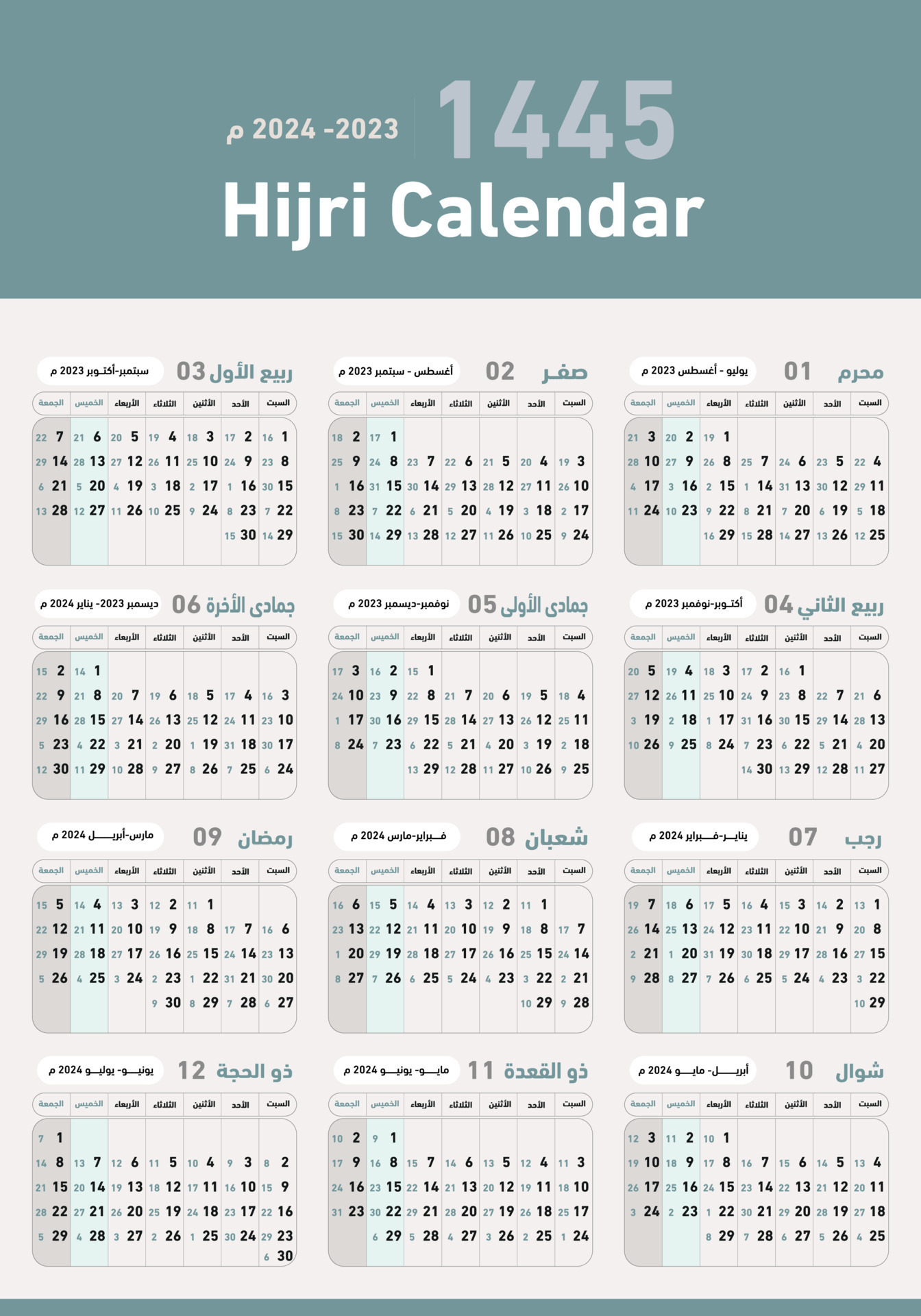
The Islamic calendar, also known as the Hijri calendar, is a lunar calendar consisting of 12 months, with each month beginning with the sighting of the new moon. The Islamic year is approximately 11 days shorter than the Gregorian calendar, which is the solar calendar used in most of the world.
As a result of the difference in length between the two calendars, the dates of Islamic holidays change from year to year on the Gregorian calendar. The following is a list of Muslim holidays for the year 2025, along with their corresponding dates on the Gregorian calendar:
- Muharram 1, 1447 AH: Islamic New Year – January 1, 2025
- Ashura, 10th of Muharram: Day of Remembrance – January 10, 2025
- Mawlid an-Nabi, 12th of Rabi’ al-Awwal: Birthday of the Prophet Muhammad – March 20, 2025
- Isra and Mi’raj, 27th of Rajab: Night Journey and Ascension of the Prophet Muhammad – June 17, 2025
- Ramadan, 9th month of the Islamic calendar: Month of fasting – March 23 – April 21, 2025
- Eid al-Fitr, 1st of Shawwal: Festival of Breaking the Fast – April 22, 2025
- Eid al-Adha, 10th of Dhu al-Hijjah: Festival of Sacrifice – July 1, 2025
Significance of Muslim Holidays
Muslim holidays commemorate important events in Islamic history and tradition. They provide an opportunity for Muslims to reflect on their faith, to come together in community, and to celebrate their shared heritage.
- Muharram 1, Islamic New Year: The Islamic New Year marks the beginning of the Islamic calendar. It is a time for Muslims to reflect on the past year and to set goals for the coming year.
- Ashura, Day of Remembrance: Ashura commemorates the martyrdom of Imam Hussein, the grandson of the Prophet Muhammad. It is a day of mourning and remembrance for Shia Muslims.
- Mawlid an-Nabi, Birthday of the Prophet Muhammad: Mawlid an-Nabi celebrates the birth of the Prophet Muhammad. It is a time for Muslims to reflect on the life and teachings of the Prophet Muhammad.
- Isra and Mi’raj, Night Journey and Ascension of the Prophet Muhammad: Isra and Mi’raj commemorates the night journey and ascension of the Prophet Muhammad to heaven. It is a time for Muslims to reflect on the importance of faith and spirituality.
- Ramadan, Month of Fasting: Ramadan is the ninth month of the Islamic calendar. It is a time for Muslims to fast from sunrise to sunset, to pray, and to give to charity. Ramadan is a time for spiritual reflection and growth.
- Eid al-Fitr, Festival of Breaking the Fast: Eid al-Fitr marks the end of Ramadan. It is a time for Muslims to celebrate the completion of their fast and to come together in community.
- Eid al-Adha, Festival of Sacrifice: Eid al-Adha commemorates the willingness of the Prophet Ibrahim to sacrifice his son, Ismail, to God. It is a time for Muslims to reflect on the importance of sacrifice and obedience to God.
Observing Muslim Holidays
Muslims observe holidays in a variety of ways. Some common practices include:
- Attending religious services: Muslims often attend special religious services on holidays. These services may include prayers, readings from the Quran, and sermons.
- Spending time with family and friends: Holidays are a time for Muslims to come together with family and friends. They may share meals, exchange gifts, and play games.
- Giving to charity: Muslims are encouraged to give to charity on holidays. This can be done through donations to mosques, food banks, or other charitable organizations.
- Reflecting on faith: Holidays are a time for Muslims to reflect on their faith and to deepen their connection to God. They may read the Quran, pray, and meditate.
Conclusion
Muslim holidays are an important part of the Islamic calendar. They provide an opportunity for Muslims to commemorate important events in Islamic history and tradition, to come together in community, and to reflect on their faith.
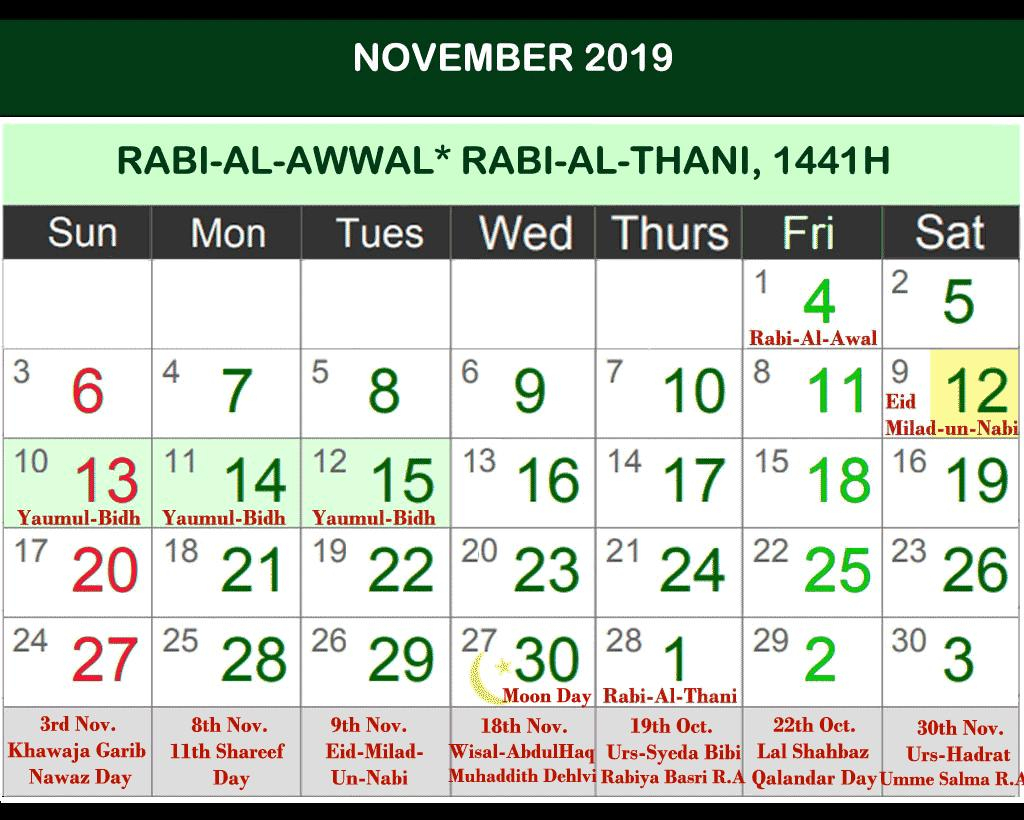

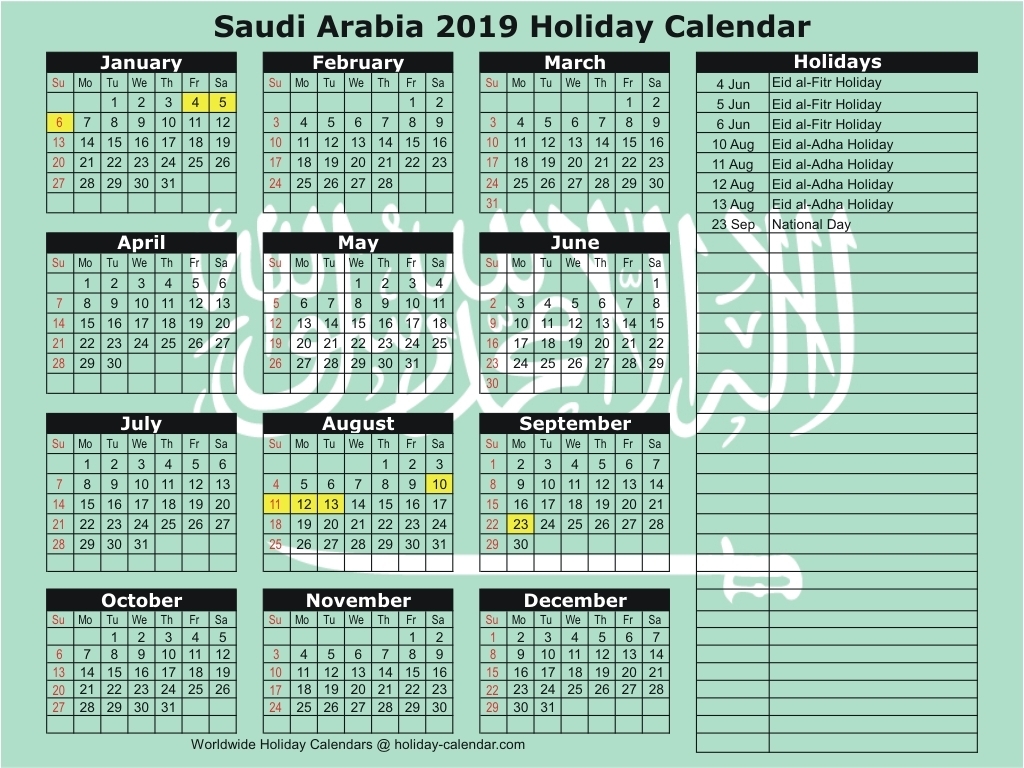
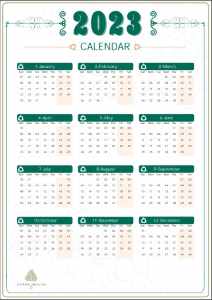

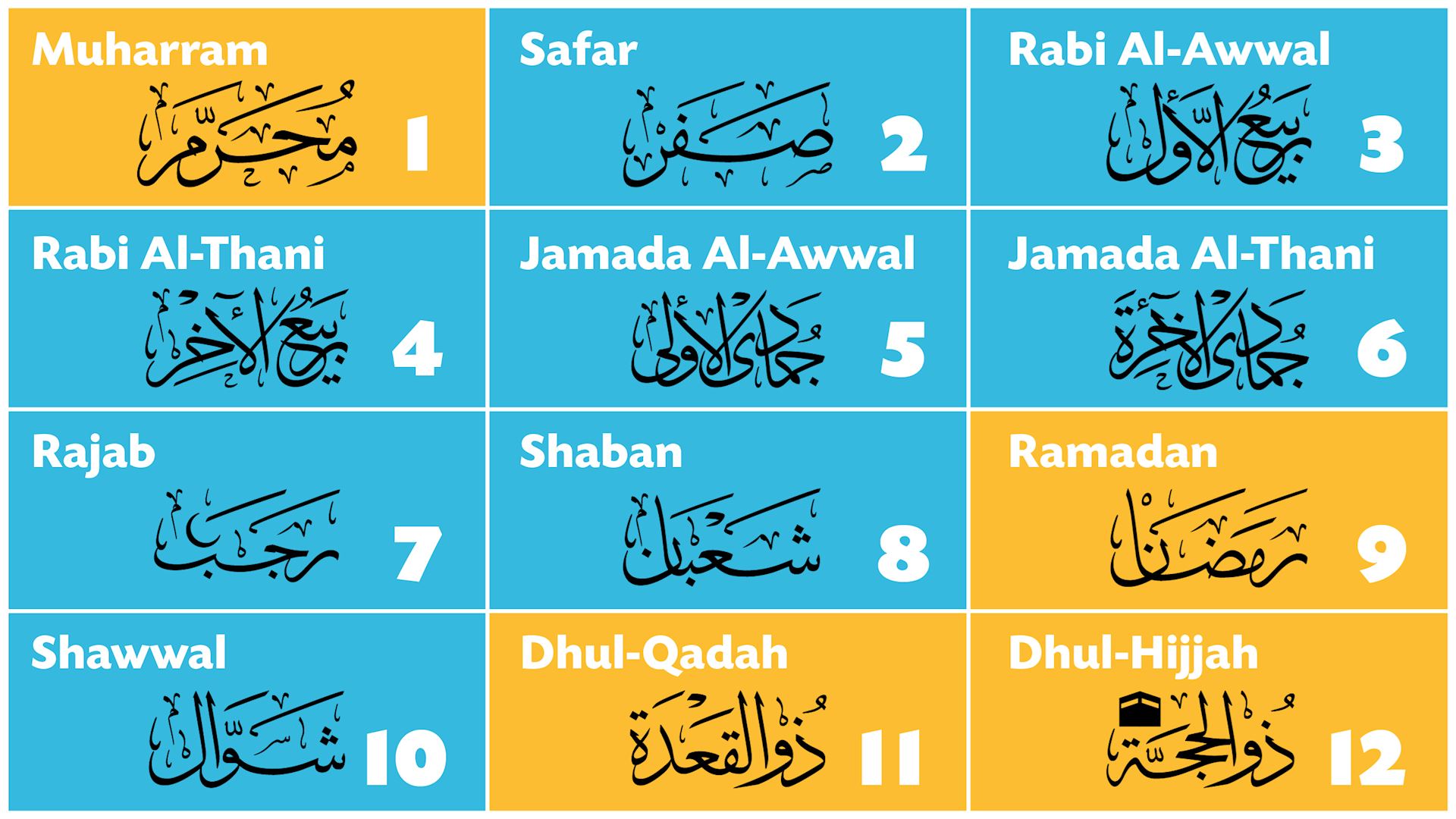

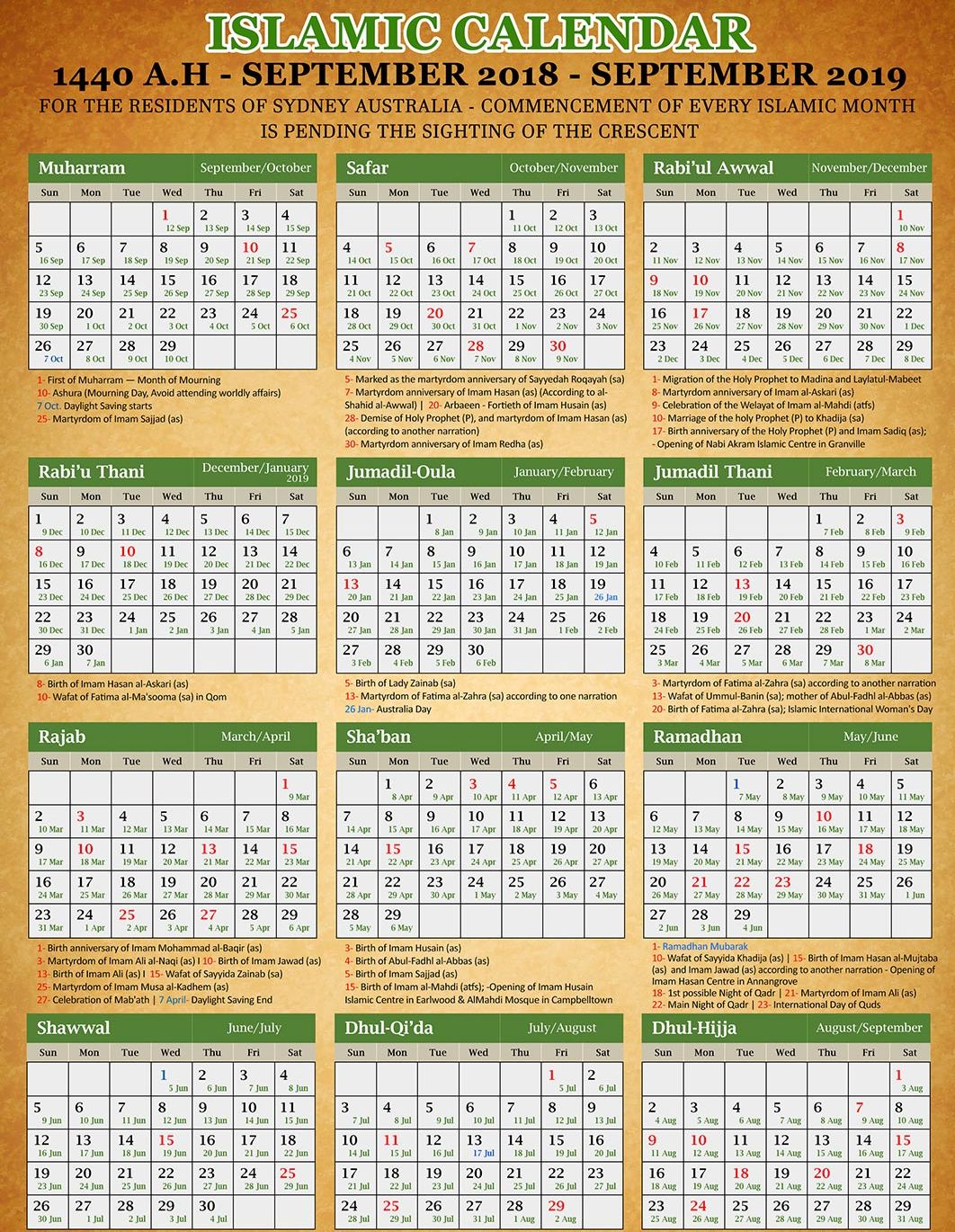
Closure
Thus, we hope this article has provided valuable insights into Muslim Holidays Calendar 2025. We thank you for taking the time to read this article. See you in our next article!